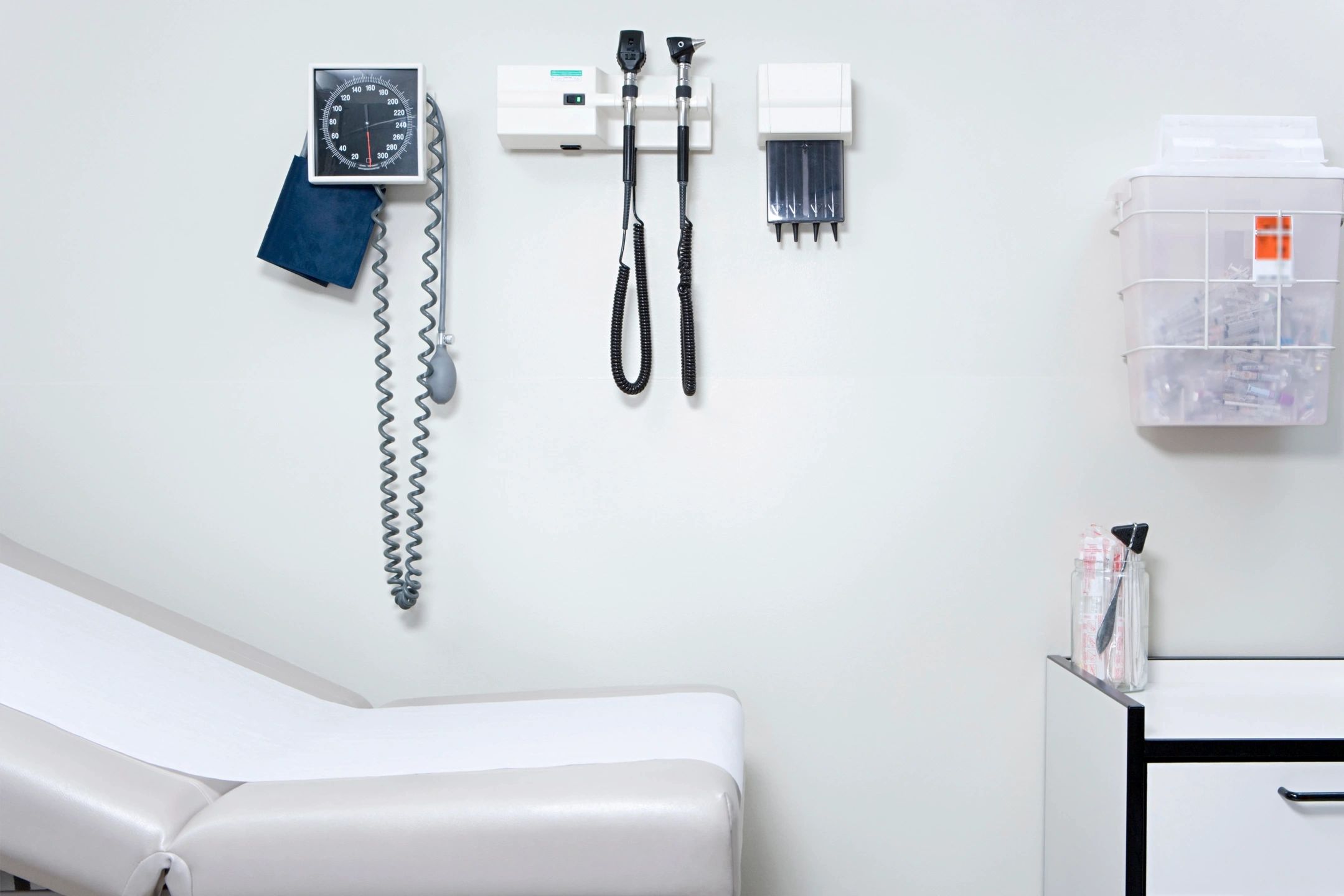A group of Alberta doctors is raising concerns about the increasing number of “diversions” in local hospitals, which they claim result in delays for patients needing emergency surgeries. The Alberta Medical Association (AMA) explains that diversions occur when there is a shortage of support staff to assist with essential surgical work, despite the availability of surgeons. Consequently, patients are often transferred by ambulance to other hospitals due to the lack of staff.
“This is a situation where you arrive at the emergency department, need immediate surgery, and there is an operating room and a general surgeon, such as myself, available, but you still can’t get your surgery at that hospital,” said Dr. Lloyd Mack, president of the general surgery section of the AMA. “Instead, you’re put back in an ambulance and sent across town to a different hospital that can provide the surgical care you need.”
Dr. Mack attributed the issue largely to the shortage of Tier 1 support staff, including resident physicians, clinical assistants, physician assistants, and nurse practitioners. “These team members are crucial for patient care during surgery, as well as before and after the procedure. They also help assess other patients in the emergency room or intensive care unit while surgery is happening,” he said. “If those team members aren’t there, I can’t accept the patient from the emergency room.”
Mack warned that delaying surgery can lead to complications, more severe illness, and, in the “worst-case scenario,” death.
“These patients shouldn’t be waiting,” he said.
According to Alberta Health Services, surgical diversions are implemented “only when all available resources have been exhausted and all other measures have been tried.” AMA president Dr. Paul Parks acknowledged that diversions have been a longstanding issue but noted their increasing frequency across all zones.
“What we’re witnessing more and more is that this is becoming a common occurrence across all regions, presenting growing challenges for patient care,” Parks explained. “The root of these diversions, in part, stems from a shortage of workforce. To address this, we need to attract and retain more support staff, including residents and clinical personnel.”
Parks emphasized that while financial investment is crucial, it alone cannot resolve the issue without an adequate supply of skilled professionals to fill critical roles. “This is a global challenge in healthcare. The competition to recruit these skilled individuals is intensifying, so we must position ourselves as an attractive destination for healthcare professionals,” he added.
A statement from Health Minister Adriana LaGrange’s office outlined the government’s efforts to enhance surgical capacity, including a $618 million initiative to upgrade operating rooms province-wide and achieve a record number of surgeries this year. The statement highlighted the use of chartered surgical facilities to alleviate pressure on hospital operating rooms, allowing them to focus on more complex cases.
“We are also restructuring Alberta’s healthcare system to enhance access to efficient care and improve health outcomes for Albertans,” the statement continued.
Despite submitting a hospital stabilization plan in December 2023, which included proposals to increase funding for hospitalists and refine funding models for clinical assistants and after-hours care, Parks expressed disappointment that progress on these solutions has been limited.



